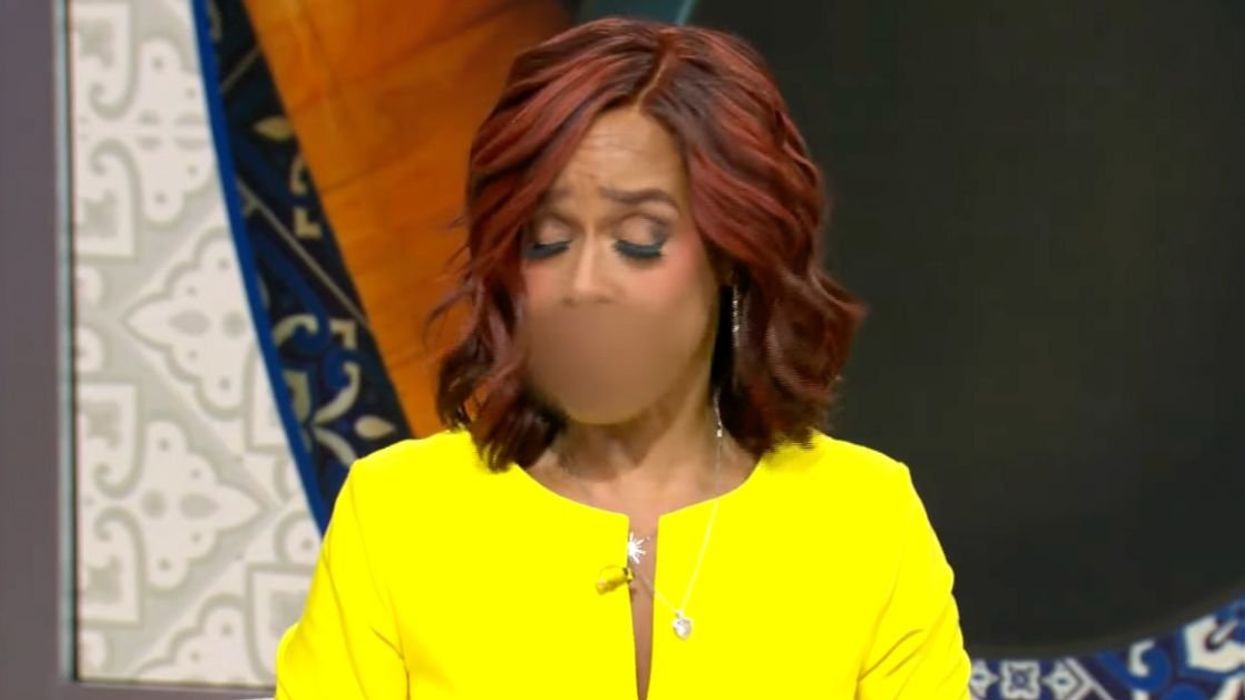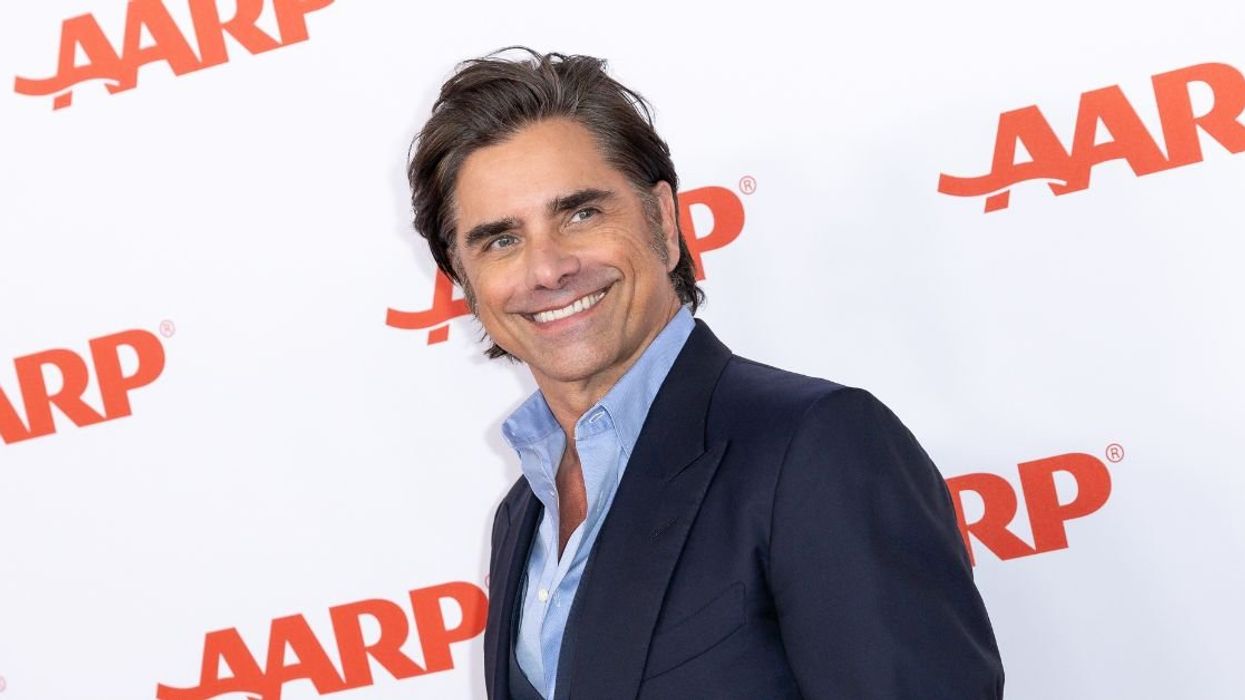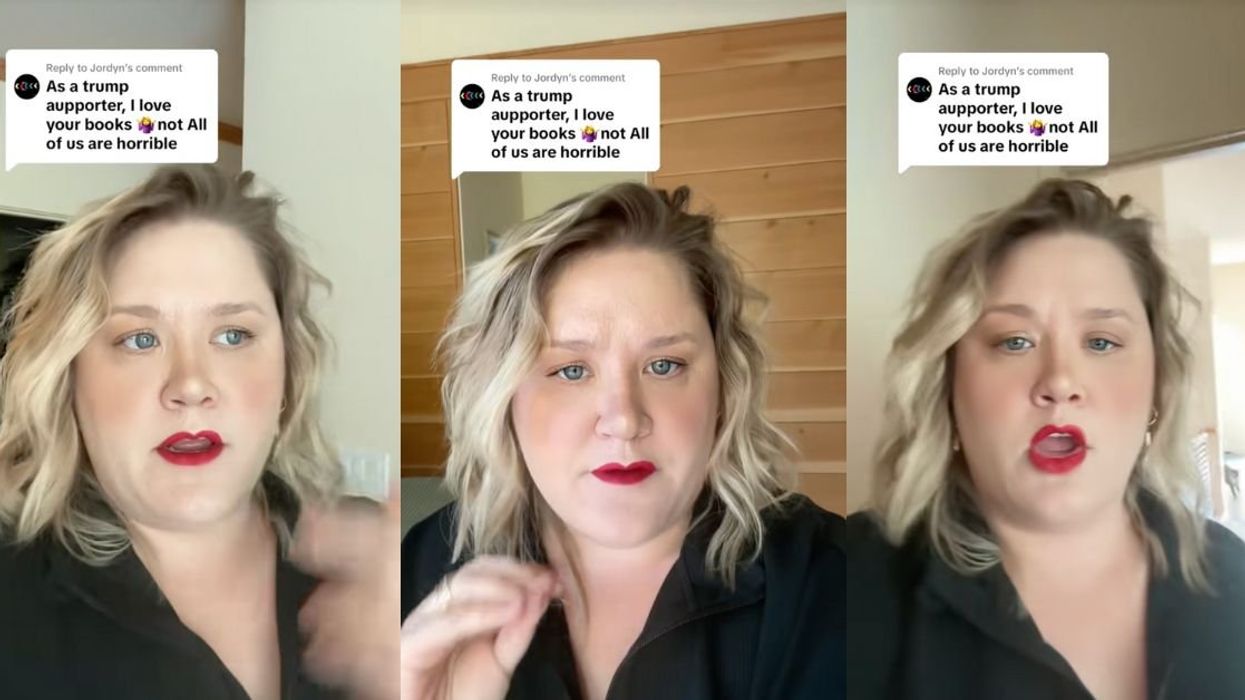As the Senate Judiciary Committee continues to unearth startling facts surrounding the former president's attempts to overturn the 2020 election, it's fair that the public should start to have some questions of its own. Chief among these are, "Where is this all leading?" and "Why are they taking so long?"
There are at least three reasons for the Senate investigators not only to dig but to do so deeply and carefully: Prosecution, Preparedness and Deterrence. Before we dive in on these, an update on developments.
Senate investigators just heard testimony from Byung J. Pak, the former head of the Atlanta division for the Department of Justice, whose investigation into allegations of election fraud there in December of last year yielded no significant evidence in support of Trump's claims. The former president was quite unhappy about this, even labeling Pak a "never Trumper" during his infamous phone call with Georgia Secretary of State Brad Raffensperger in which Trump asked that office to "find" him enough votes to swing the election his way.
Justice Department official Richard Donoghue, who took damning notes of Trump's conversations with acting Attorney General Jeffrey Rosen, telephoned Pak directly and warned him that Trump likely would be firing him because he wouldn't lie in support of Trump's false election fraud narrative. Pak resigned after that call, preferring not to be publicly fired by the former president. Rather than elevate Pak's deputy, however, Trump brought in another prosecutor, Bobby Christine, no doubt hoping that he would be more amenable to "finding" the fraud Trump needed to advance his scheme of raising Congressional objections to the electoral college count. But Christine investigated the claim and declared in a call to his staff that "there's just nothing to" the few claims of fraud his office was examining.
Prosecution
At the top of everyone's mind is the ultimate question: Can Trump himself be prosecuted based on the evidence? The answer remains a frustrating "maybe." To date, the Senate Committee has only heard from those within the Department willing to resist the former president's efforts by 1) standing firm on the question of the lack of evidence of fraud, 2) refusing to put the Department's name behind public statements, e.g. Jeffrey Clark's draft letter to the Georgia legislature, and 3) vowing to resign en masse should Trump replace Rosen with Clark.
Those on the other side of things—the sycophants, loyalists and functionaries who were willing to go along with Trump's plan—have yet to be called to testify. There may be legal battles over compelling their testimony should Trump finally assert executive privilege. And they may be visited by federal investigators, or their lawyers may seek immunity in exchange for their testimony.
If the goal ultimately is to gather and test the weight of the evidence against the former president to see if charges against him are warranted, then typically prosecutors will begin questioning and then indicting those below him to secure cooperation, evidence and testimony in return for leniency. Indeed, if it appears that charges might soon begin issuing against people like Jeffrey Clark or Chief of Staff Mark Meadows, who was all-in on Trump's bid to stay in power, lawyers might even now be urging their clients to come forward first so that they receive the best deal possible.
It's important to understand that if prosecution is in the cards, that process will take many months if not a year or more to work its way up to the top. A former president has never been prosecuted for a crime, let alone for a conspiracy to seize power. The political considerations alone require the investigation and ultimate presentation of the evidence to be as thorough, compelling and damning as humanly possible.
Preparedness
Apart from the possibility of criminal charges against key members of the conspiracy, all the way up to the former president, Senate investigators want to delve into how Trump was able to subvert parts of the Department of Justice to serve his political ends. That he ultimately failed may be a stroke of good luck, or it may be because the system's safeguards were sufficiently robust, but the Committee urgently must address all instances where the system was eroded or corrupted.
What would have happened, for example, had Clark instead of Rosen been next in line once Bill Barr tendered his resignation? Had Trump thought any more steps ahead, the Justice Department might have been on Trump's side for all those weeks leading up to the Congressional certification, stoking conspiracy theories and giving weight to false claims of election fraud. The damage to our democracy would have been far greater, and there is a chance Trump might have succeeded.
The findings of the Committee will ultimately help shape internal policies that would reduce or prevent the politicization of the Department of Justice.
Deterrence
By bringing officials in to testify about what they saw and heard, the Committee is also sending an important signal to future officials that such actions will come under scrutiny and they will be held to account for them. Moreover, the Office of the Inspector General at the Department could recommend disciplinary or even criminal proceedings against members of the conspiracy, including Jeffrey Clark. This would send a strong, unmistakable message that the rule of law, Department procedures such as prohibitions on ex parte meetings with the president, and non-politicization of the Department's role will be upheld and violators punished, even in the face of a determined White House.
The investigation also warns would-be autocrats who might have presidential aspirations that they should not hope to succeed where Trump failed. The flip-side of this is that, based on historical precedents, coup attempts that fail are often mere test-runs for more successful takeovers, and that authoritarians learn from mistakes even more enthusiastically than democracy's defenders do.
Yet one clear takeaway, already evident from the testimony and evidence provided to date, is this: Trump failed because there were more honorable civil servants than corrupt ones in place at the time of his scheme. This means that the job of Department officials going forward will be to ensure that the right people remain in positions of leadership, while those willing to violate their oaths of office are few to zero in number and hold no critical roles. The oath of office and to the U.S. Constitution must apply as strongly to members of the Justice Department as it does to members of the military.
There will be plenty more testimony, evidence and even bombshells dropping before this is over. But understanding the where and the why of the investigation, including not only the urgency to prosecute but also the need to shore up the Department's vulnerabilities and root out bad actors, will help place much of what is to come in context.







 @nulllnvoidd/TikTok
@nulllnvoidd/TikTok @warrent711/TikTok
@warrent711/TikTok @terrance.n1/TikTok
@terrance.n1/TikTok @slghtr9/TikTok
@slghtr9/TikTok @itsmittymoon/TikTok
@itsmittymoon/TikTok @kokoanddaisy/TikTok
@kokoanddaisy/TikTok @jdr1959/TikTok
@jdr1959/TikTok @mandy24787/TikTok
@mandy24787/TikTok @crilan2015/TikTok
@crilan2015/TikTok @orutisu88/TikTok
@orutisu88/TikTok







 @PreetBharara/X
@PreetBharara/X @RepBrendanBoyle/X
@RepBrendanBoyle/X @twesq/Bluesky
@twesq/Bluesky @christopherharris/Bluesky
@christopherharris/Bluesky @evangelinewarren/X
@evangelinewarren/X